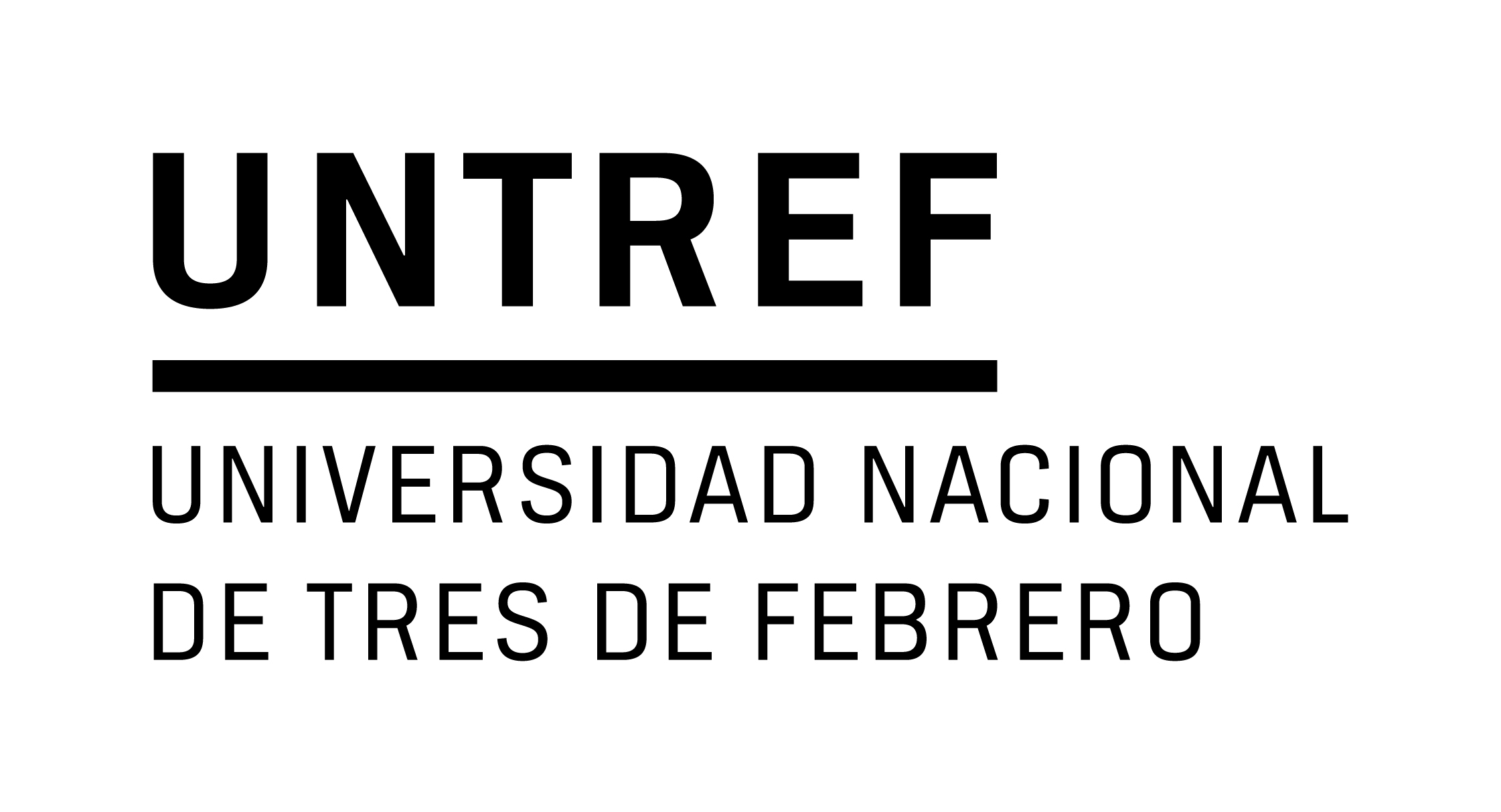How can reflexivity inform critical pedagogies? : insights from the theory versus practice debate
Por: Grenier, Félix .
.
Tipo de material:  Artículo Tipo de portador: ImpresoTema(s): RELACIONES INTERNACIONALES
Artículo Tipo de portador: ImpresoTema(s): RELACIONES INTERNACIONALES| Tipo de ítem | Ubicación actual | Signatura | Info Vol | Estado | Notas | Fecha de vencimiento | Código de barras | Reserva de ítems |
|---|---|---|---|---|---|---|---|---|
| Publicación Periódica | Biblioteca UNTREF - Sede Posgrados | H327/PER (Navegar estantería) | Vol. 17, no. 2 (may. 2016) | Disponible | SE | 2.009358 |
The constitutive effects of teaching activities on the study of international relations (IR) and on the practice of international relations have generated a long-term interest in approaches to teaching and learning in IR. Recently, a cluster of literature has emerged that focuses on critical pedagogy in IR, which questions traditional relations of power, ideas, and norms in the classroom. However, these inquiries have yet to be systematically connected with reflexivity in IR (i.e., the developing awareness of the diversity, production, and positionality of knowledge). This article proposes that critical pedagogies and reflexivity are mutually reinforcing. It argues that applying reflexivity to teaching activities in IR raises awareness about the social conditions enabling the (re)production of specific understandings of the world. To support this proposition, the article presents and evaluates a trial IR seminar inspired by reflexivity. In this trial seminar, three aspects of reflexivity were developed (i.e., theoretical, sociological, and self-reflexivity), each of which supports critical pedagogy. This article explains how these three perspectives were infused into different trial seminar activities, to varying degrees of success. It also evaluates how the development of the reflexive agenda can be of particular benefit to IR scholars, IR students, and critical pedagogy as a whole.
